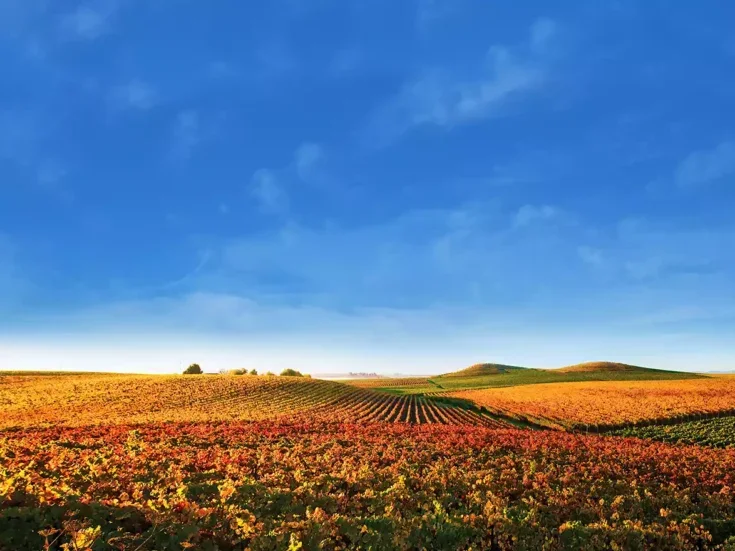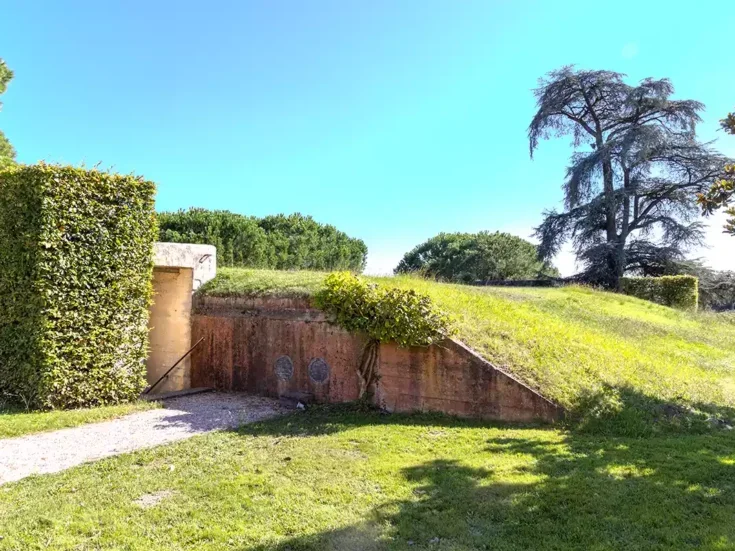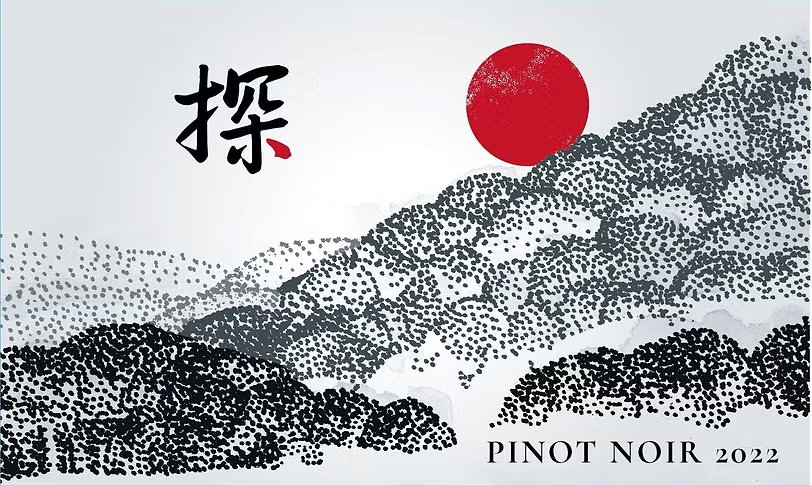
Charming wines are all very well, but sometimes Tim James craves something altogether darker.
Hugh Johnson wonderfully described Mosel Riesling as “haunting with the qualities of remembered scents or distant music.” I rather doubt if those lovely scents included flea powder, as they invariably do for me. A touch bizarre, as well as prosaic, no doubt, but there it is: A sniff of a good and proper Mosel Riesling takes me back half a century to the cocker spaniels of my childhood being dusted for fleas.
Most of us who seek words in the hopeless task of characterizing wines have some idiosyncratic associations that serve as useful identifiers. Similarly for more general, overall words—though these, unless they’re too weird or personal or abstract, probably appear more often in tasting notes. The great American importer Kermit Lynch, for example, told an interviewer that his wife had pointed out a favorite word he used for wines he really liked to drink: “pretty.” “I learned it from the French,” he said, “who like to compliment wine by calling it joli.”
That’s not a word I’d use, but perhaps Ch’ng Poh Tiong would consider it close to one of his important descriptors: “charming.” In a column for this journal (WFW 79, p.113), he counterposed charming and impressive wines, much to the disparagement of the latter. I happily agree when he sneers at an “impressive” wine (with power and concentration, “stomping its headlong way”), and I like what he says about “charming” ones (never in our face, mysterious, sidestepping, and deviating), but for me that word has different connotations.
Perhaps there are some deeper disagreements involved, since I also feel opposed to Ch’ng’s dislike of Richard Wagner’s music and his delight in the architecture of Antoni Gaudì, “visionary and charmer.” But with “charming,” it’s probably simply a matter of personal associations. I do sometimes speak positively of wines as charming, but the judgment is always tempered for me by the idea of a trace of triviality, vapidly ingratiating, too-easy easiness—in delightfully perfumed but rather simple and ultimately boring lowish-alcohol Cinsaults, for example.
Wondering why the idea of the charming is so associated in my mind with superficial pleasures, I realize that it’s at least partly literary. It’s hard to imagine anyone susceptible coming away from Evelyn Waugh’s Brideshead Revisited with other associations after the devastating animadversions of the camp but acute Anthony Blanche commenting to Charles Ryder on his paintings, “Charm is the great English blight. It does not exist outside these damp islands. It spots and kills anything it touches. It kills love; it kills art.” There’s worse: “Of course those that have charm don’t really need brains.” Ouch.
Gained in translation
What to oppose to charm? How about sinisterness?
In the article about Kermit Lynch that I cited above (by W Blake Grey in the San Francisco Chronicle in 2005), Lynch says something about his liking for pre-1982 Bordeaux: “My idea of great Bordeaux is summed up by this quote from Alexandre Dumas, speaking in the voice of Cardinal Richelieu: ‘They are neither generous nor vigorous, but the bouquet is not bad, and they have an indescribably sinister, somber bite that is not at all disagreeable.’” Contemporary Bordeaux, Lynch said, “seems to have lost that sinister bite, that somber or noir-ish undercurrent.”
I have a couple of pedantic issues here, but on first reading the article, I nearly leapt up with eager agreement. Yes! That’s a perfect word for serious, old-fashioned Bordeaux before it got too ripe and eager to please. And particularly welcome when what so much of the wine world seemed to want, especially from red wine, was sunshine in a bottle (egregiously oaked sunshine). A fading fashion, perhaps, but there were certainly still voices in South Africa urging the wine revolution there to move in that marketable direction. A tendency to sinister somberness was exactly what I preferred.
It proved a puzzle to follow up Lynch’s literary reference, however. In Dumas’s The Three Musketeers, the novel in which Cardinal Richelieu appears, he says nothing about Bordeaux. I gave up—it seemed less important than treasuring the word “sinister” itself—but resumed the search later and realized how Lynch had gone astray. He was right about Dumas, but wrong about Cardinal Richelieu—the Richelieu in question was the cardinal’s great-great-nephew, the duc de Richelieu, maréchal de France.
The Dumas work invoking his purported description of Bordeaux is the huge Grande Dictionnaire de Cuisine, published posthumously in 1873. Under the rubric “Vin,” it tells the story of Richelieu at court, answering Louis XV’s query about Bordeaux, little appreciated at the time. Lynch quotes just part of the answer—as given in an abridged English translation of the Dictionnaire. And there’s the real problem. The word translated as “sinister” is sournois, which seems to mean something like tricky or cunning, or perhaps catching by surprise. (Strangely, I realize now that that’s remarkably close to part of Ch’ng Poh Tiong’s definition of charming.)
It’s quite a stretch, unfortunately, from “cunning” to “sinister.” Perhaps an inspired stretch. I still think it’s a great word to have as a resource, and I shall continue to invoke it (at least under my breath) on the sadly rare occasions it’s plausible to do so. But better to leave Dumas out of it.






